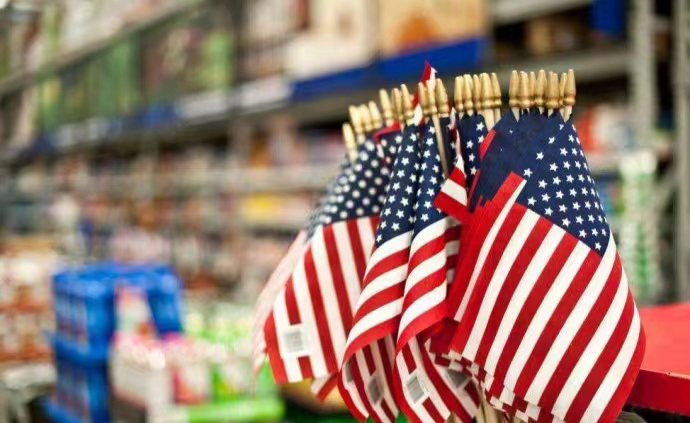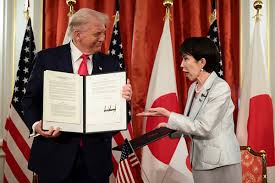
On August 5, 2024, the U.S. Department of Commerce announced a preliminary anti-dumping ruling on glass bottles imported from Chile, China and Mexico. This move undoubtedly dropped a heavy bomb in the field of international trade and had a profound impact on the glass bottle industry of the relevant countries and the international trade pattern.
From the direct impact point of view, this is undoubtedly a heavy blow to the glass bottle exporters in the relevant countries. The dumping rate of the preliminary ruling means that these companies may face high anti-dumping duties, thereby weakening their price competitiveness in the U.S. market. For companies that have established a stable cooperative relationship with American customers, orders may be cut or even cancelled, which will disrupt the company's production plan, inventory backlog, and difficulties in capital turnover. At the same time, in order to cope with this situation, companies may need to adjust their market strategies and increase their efforts to explore other markets, but this will require more resources and time, increasing operating costs and market risks.
For the domestic glass bottle industry in the United States, this preliminary ruling may provide it with some protection in the short term. However, in the long run, such trade protectionist measures may not necessarily bring real benefits. On the one hand, import restrictions may lead to a reduction in the supply of glass wine bottles in the US market, thereby pushing up prices and increasing the costs of downstream companies, which may eventually be transmitted to consumers, leading to higher consumption costs. On the other hand, the lack of external competitive pressure may make the domestic glass wine bottle industry in the United States lack the motivation to innovate and improve, which is not conducive to the long-term development of the industry.
From a macro perspective, this incident has further exacerbated tensions in international trade. In the context of global economic integration, trade between countries should be mutually beneficial and win-win, but the frequent protectionist measures taken by the United States have disrupted the normal trade order, triggered dissatisfaction and countermeasures from other countries, and may lead to the escalation of the trade war, which will have an adverse impact on the recovery and stability of the global economy. In addition, this also poses a challenge to global trade rules and the multilateral trading system. The World Trade Organization (WTO) has always advocated free trade and fair competition, and this unilateral trade sanction by the United States is contrary to the principles and spirit of the WTO, and weakens the authority and effectiveness of the WTO in resolving trade disputes.
Faced with this unfavorable situation, relevant countries and enterprises should actively take countermeasures. On the government side, it can communicate and negotiate with the United States through diplomatic channels, clarify its position and views, and require the United States to abide by international trade rules and handle trade disputes fairly and impartially. At the same time, it can increase policy support for the glass wine bottle industry, help enterprises overcome difficulties through tax incentives, financial subsidies, etc., encourage enterprises to carry out technological innovation and industrial upgrading, and improve the added value and competitiveness of products.
Enterprises themselves also need to respond proactively. First, we must strengthen research on the US market and relevant laws and regulations, keep abreast of changes in trade policies, adjust export strategies, and reduce trade risks. Secondly, we must increase investment in research and development, improve product quality and technical content, build independent brands, and enhance the irreplaceability of products through differentiated competition. In addition, enterprises should actively explore other international markets, reduce dependence on the US market, and achieve market diversification. For example, we can strengthen trade cooperation with countries along the "Belt and Road" and tap the potential of emerging markets. At the same time, enterprises can also strengthen cooperation, form industrial alliances, jointly deal with trade barriers, and enhance the risk resistance of the entire industry.
In general, in today's global economic interdependence, trade protectionism is not a good way to solve problems, but a root cause of creating contradictions and hindering development. The US's preliminary anti-dumping ruling on imported glass wine bottles not only harms the interests of enterprises in related countries, but is also not conducive to the healthy development of global trade. Only when all countries adhere to the concept of openness, cooperation and win-win, abide by international trade rules, and jointly maintain a fair and free trade environment can the prosperity and stability of the global economy be achieved. It is hoped that in future international trade, similar trade frictions can be properly resolved through dialogue and consultation, so that international trade can return to the right track and benefit people of all countries.

Recently, news of Japan and the United States agreeing to expedite a $550 billion Japanese investment plan in the U.S. has attracted widespread attention.
Recently, news of Japan and the United States agreeing to e…
Recently, a piece of news from the Tokyo bond market in Jap…
The U.S. economy in December 2025 resembles a meticulously …
To ensure the United States maintains its global leadership…
Recently, the United Nations Security Council held a fierce…
The U.S. third-quarter GDP growth rate, strikingly highligh…